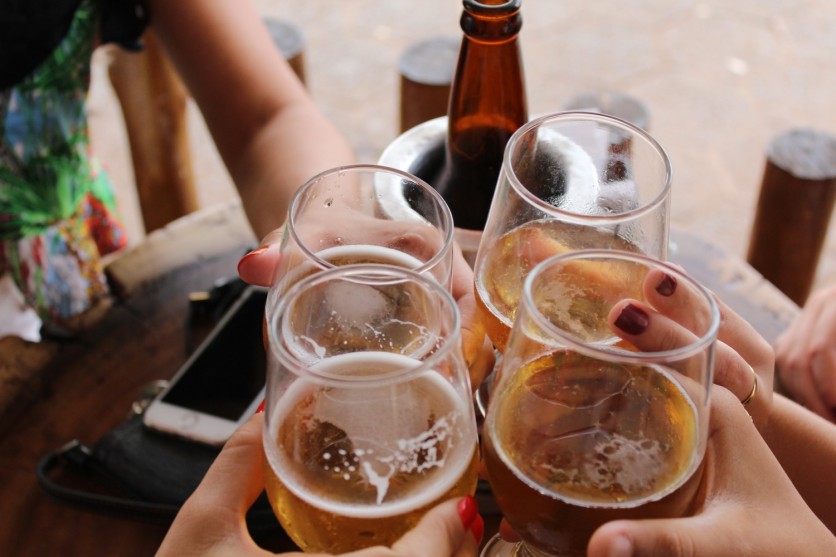Smartphone technology and smart speakers are driving a study conducted by researchers at Stanford Medicine and the University of Toronto by being able to detect how drunk someone could be, all based on the individuals' speech and vocal patterns, Interesting Engineering reports.
Eurekalert reports that the successful study conducted its experiment by asking participants to read a series of tongue twisters out loud, and a smartphone was set up on a table nearby to record their voices in less than a foot.
The participants' breath alcohol content was also assessed by researchers at the start of the experiment and then every 30 minutes for a maximum of seven hours. The researchers separated the speaker's sounds into one-second segments using digital programs, then they examined metrics like pitch and frequency.

Changes in the subjects' speech patterns during the trial indicated alcohol intoxication with 98% accuracy when compared to breath alcohol readings which was described by the lead researcher, Brian Suffoletto, M.D. as a "surprise" noting that it is the technological application that contributed to the significant accuracy rate such as "cutting-edge advancements in signal processing, acoustic analysis, and machine learning."
The researchers, studied a relatively small sample pool, with only a total of 18 participants, 72% of which were male, 21-62 years old, with an average age of 29 years old "and all participants were White and non-Hispanic."
Study Benefits
The innovative study, entitled 'Detection of Alcohol Intoxication Using Voice Features: A Controlled Laboratory Study' notes that the usefulness of mobile phones and smart speakers to remotely recognize vocal changes linked to alcohol consumption could help prevent numerous accidents, described as "just in-time interventions" such as injuries and deaths brought on by car or other accidents.
According to the report, Dr. Suffoletto says that the "best" intervention tool would be simple to use and easily accessible, given the widespread usage of smartphones and smart speakers, these devices are a great option for warning individuals of their intoxication.
"Timing is crucial when aiming for the best time for receptivity and the relevance of real-time support." says Dr. Suffoletto noting that for example, reminding someone of their drinking limitations might have a significant effect when they start to drink. However, the effectiveness of such treatments decreases after being intoxicated.
The Study's Limitations
Despite the study's success, the paper noted of a few limitations of the results, centering on the participants' ethnic backgrounds and collaboration with other companies.
The report states that larger research on subjects from a diverse range of ethnic origins is required to validate vocal patterns as a reliable predictor of drunkenness, specifically, non-White racial groups and Hispanic ethnic groups were not included in the research. The study makes the observation that establishing connections with businesses that are currently gathering voice samples via smart speakers may also be beneficial.
The study also noted that two of its participants' voice recordings are missing, which could have had an unanticipated impact on the study's models. Lastly, the research is viewed as a call to action, asking the National Institutes of Health to create digital biomarker data warehouses.

ⓒ 2026 TECHTIMES.com All rights reserved. Do not reproduce without permission.




